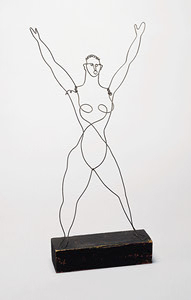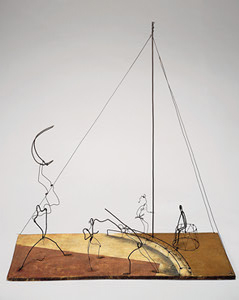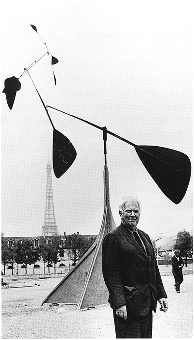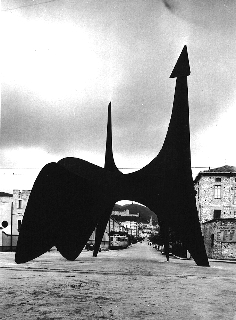Nowhere have I encountered an atmosphere as charged with aborted sexuality as this. Miss Mandible is helpless; nothing goes right today. Amos Darin has been found drawing a dirty picture in the cloakroom. Sad and inaccurate, it was offered not as a sign of something else but as an act of love in itself. It has excited even those who have not seen it, even those who saw but understood only that it was dirty. The room buzzes with imperfectly comprehended titillation. Amos stands by the door, waiting to be taken to the principal’s office. He wavers between fear and enjoyment of his temporary celebrity. From time to time Miss Mandible looks at me reproachfully, as if blaming me for the uproar. But I did not create this atmosphere, I am caught in it like all the others.
[break]

“Debbie’s Kids Are Crying” “Eddie Asks Debbie: Will You?” “The Nightmare Liz Has About Debbie!” “The Things Debbie Can Tell About Eddie” “The Private Life of Eddie and Liz” “Debbie Gets Her Man Back?” “A New Life for Liz” “Love Is a Tricky Affair” “Eddie’s Taylor-Made Love Nest” “How Liz Made a Man of Eddie” “Are They Planning to Live Together?” “Isn’t It Time to Stop Kicking Debbie Around?” “Debbie’s Dilemma” “Eddie Becomes a Father Again” “Is Debbie Planning to Re-wed?” “Can Liz Fulfill Herself?” “Why Debbie Is Sick of Hollywood”
Concepts shared with Barry Lyndon
- “But I have come to believe it was deliberate, that I have been betrayed again.”
- “…I have conceived that it was my duty to obtain satisfaction for the injured…”


 ...And now he’s ruined a
...And now he’s ruined a 


 Q: She’s wearing sunglasses?
Q: She’s wearing sunglasses?